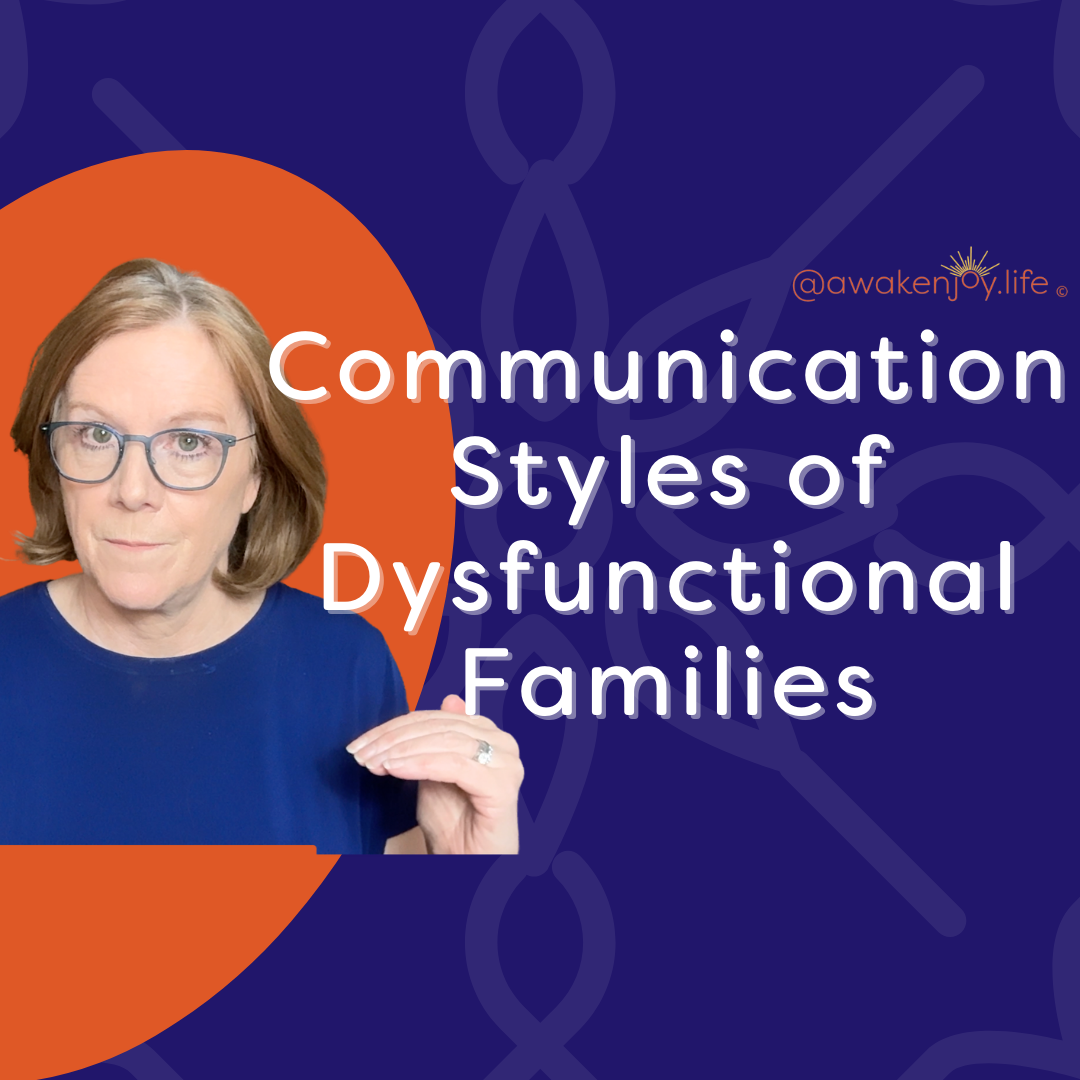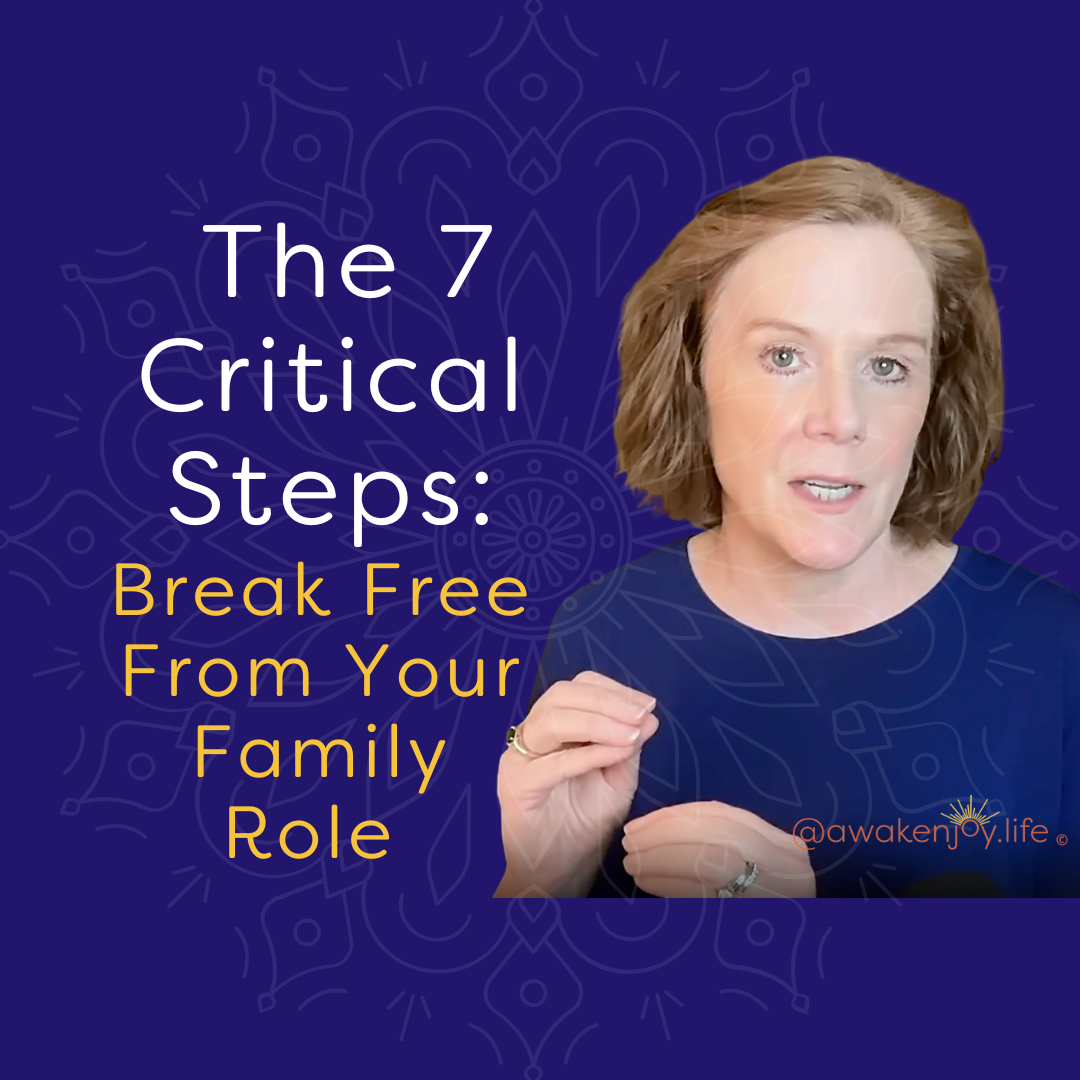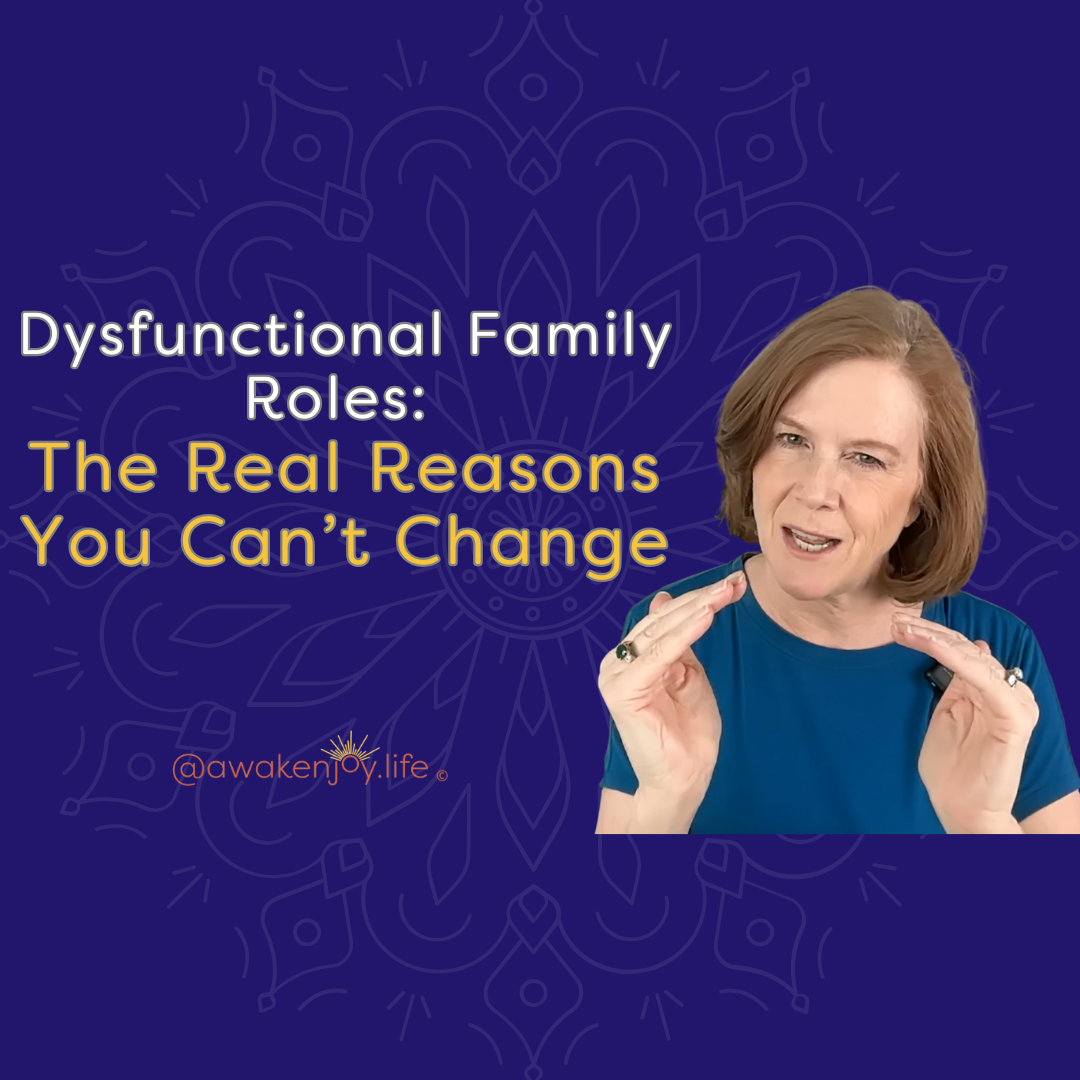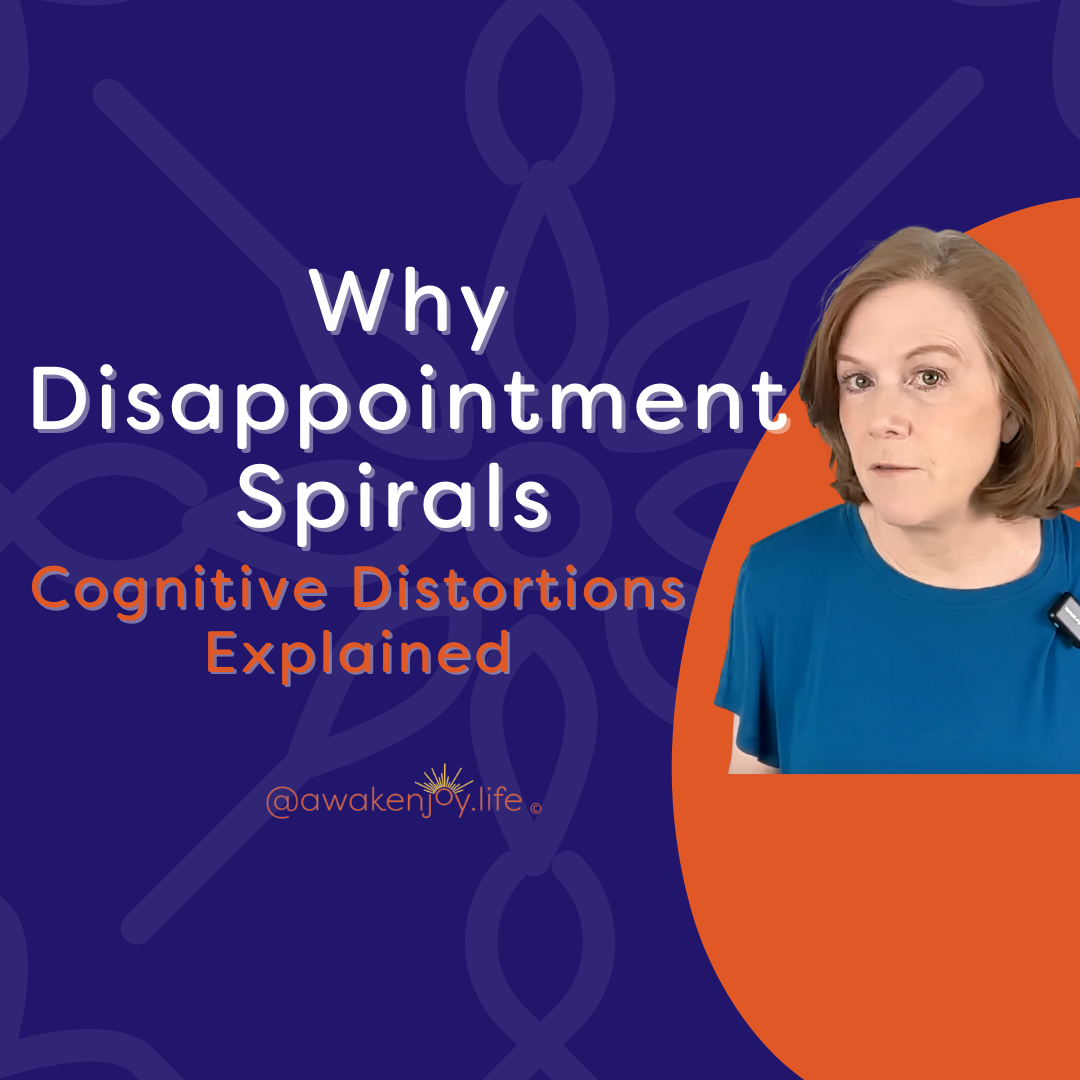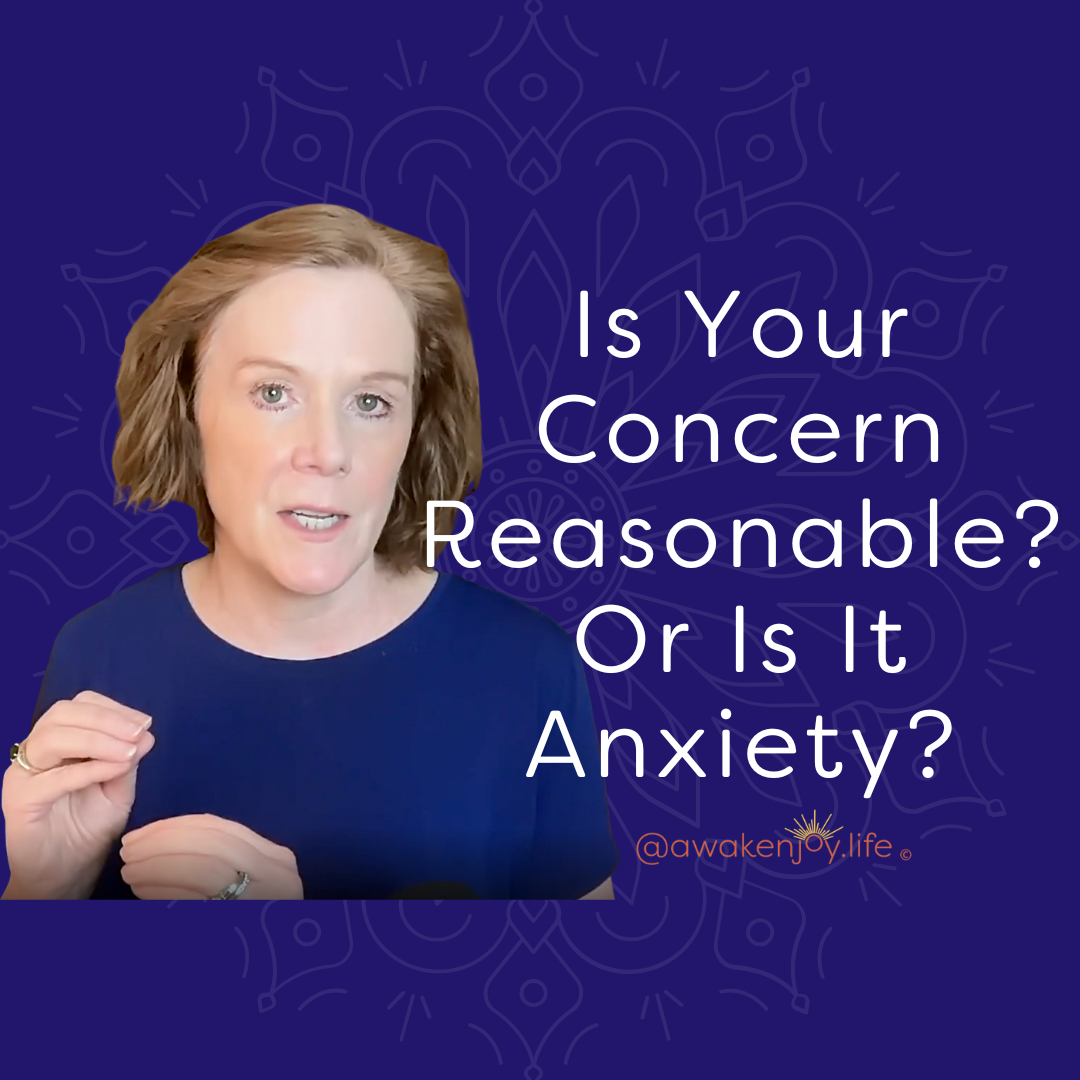Constructive Criticism VS Destructive Criticism

What makes criticism CONSTRUCTIVE instead of DESTRUCTIVE?
Criticism expresses a desire for something to change. Increase your chance of success by delivering it in a way the other person can hear!

Constructive criticism is much more effective both for the giver and for the receiver. And yet I'd say that most of the criticism we receive is destructive. And possibly a lot of the criticism that we give is destructive.
Destructive criticism triggers a fight-flight-freeze response in the listener. Destructive criticism triggers our defensiveness. So if you're giving criticism because you want something to change, it is much better to figure out how to say it so the other person can hear it. And then if you're on the receiving end, it's great to know what is destructive criticism, because you may not need to respond to it.
What is Constructive Criticism?
Let's talk about the components of constructive criticism:
Number one: It is specific to the situation
Number two: There's something you can do about it.
Number three: The person who's giving the criticism has the right to give it, meaning it is relevant to the relationship between the two people.
Number four: The agenda is clear and usually shared.
If somebody gives you well-thought-out, constructive criticism, it does show an investment in the relationship. There's actually always a desire underneath criticism.
And if you're on the receiving end and you can hear that desire, it will help. Just to give you a very quick example on that one, if you have a supervisor or boss at work who takes the time to sit down with you and talk you through some of the things that you could do to improve, that person is invested in your success.
What is Destructive Criticism?
Number one: Destructive Criticism is general, it is not specific to a situation.
Number two: Very often there's nothing the person can do about it. In fact, very often destructive criticism really comes out and comes across as a condemnation of the other person. That's why if you are invested in the relationship and you would like something to change, using components of destructive criticism will not achieve what you want because it really does come across as a condemnation.
Number three: Destructive criticism is sometimes given by people who have the “right” to give it, or it's relevant to the relationship, but not always.
Number four: The agenda is often not clear with destructive criticism.
The Language of Destructive Criticism
Importantly, the language of destructive criticism differs from constructive criticism.
Destructive criticism often uses labeling. “You are a jerk.” “You're selfish.” “You're too reckless.” All of those are labeling the person, as if they can be summed up with one or two words. It is very demeaning.
Other language that goes with destructive criticism is “always” or ”never. “ “You always mess up our plans.” “You never do the dishes.” Using “always” and “never,” that's broad. That's not specific to a situation.
In general, “you statements” tend to trigger the defensive response in the other person. And usually when we use “you statements," it is mainly to express our own frustration. It's releasing our anxiety, angst, anger.
All of us can do this sometimes when we're stressed. There's nobody who does this perfectly. But it is important to keep in mind to avoid those “you statements,” avoid the “always, never” and avoid the labels.
One of the last things I want to highlight about the language used in destructive criticism is very often people will bring in unnamed third parties. “Everyone thinks that you are ‘_____’ .” “Everyone in the family says…” , right? It could sometimes even be, “Well, my therapist says you are… [blah].” Bringing in an outside authority to bolster your case is actually very destructive. And if you think through the aspects that I outlined for constructive vs destructive, pulling in a third party is vague, it's not specific. It increases the other person’s fight, flight, freeze response.
So not helpful.
The video I released today goes through an example of how to turn destructive criticism into constructive with regard to a personal issue (living with someone who “never” does the dishes) and with regard to a work situation.
In both of these, you will see that constructive criticism focuses on
problem-solving. Ideally, criticism is meant to solve a problem.
So the last point I’d like to address in this blog is a pretty major point.
Why We Might Express Criticism Destructively
If we feel that we deserve to have what we are looking for, we are much more able to deliver criticisms constructively. If we feel we deserve to have a supportive partner, to have someone at work who steps up, if we really feel that our desire is valid (because criticism actually expresses a desire!), then we deliver the criticism much more smoothly.
And when I say we feel we deserve the support, I don't mean self-righteousness. Self-righteousness is actually driven by the opposite, a lack of confidence that you truly deserve it. Self-righteous statements such as “I always do the dishes, you never do the dishes” reflect our lack of confidence.
Let me know what you think about my statement that when we don't give criticism well, it's really tied to a feeling that we don't really deserve this. I'd be curious if that resonates for you or not. (You can comment below!).
If you think of this when you're on the receiving end of destructive criticism: at core that person has negative beliefs about themselves that are preventing them from presenting their request for change in a reasonable way. So knowing that may not make it any more pleasant, but it might make it easier for you to boundary yourself and not take it as personally.
And then if you're the deliverer, it is worth thinking through: What's the negative core belief that is underneath this problem? How do I shift that core belief?
So, for example, if we grew up in a household where our needs were minimized, if not ignored, we were taught that other people's needs were more important. If we grew up with this feeling of “I can't really rely on anyone else” and “My needs aren't as important as everybody else's needs,” this can follow us throughout life until we heal from it.
Perhaps you get into a marriage where even though your partner's a good person, they are perfectly happy to let you do everything around the house. And then at some point you realize you don't like it and you want to change it, but your approach is driven by resentment and self-righteousness. You might know you have the right to expect it, but you’re not really feeling that you have that right.
If you FEEL you have that right, you can deliver that message much more smoothly, much more effectively. You'll deliver it in a way that the other person can hear it, and a change can be implemented.
So I do have a free PDF
Transform Your Negative Core Belief. It helps you walk through different situations that might've developed a particular negative belief, and then it provides ways to transform that into a reasonably stated positive belief. A lot of people have found this super, super helpful.
You can download it here.
Blog Author: Barbara Heffernan, LCSW, MBA. Barbara is a licensed psychotherapist and specialist in anxiety, trauma, and healthy boundaries. She had a private practice in Connecticut for twenty years before starting her popular YouTube channel designed to help people around the world live a more joyful life. Barbara has a BA from Yale University, an MBA from Columbia University and an MSW from SCSU. More info on Barbara can be found on her bio page.
Share this with someone who can benefit from this blog!
